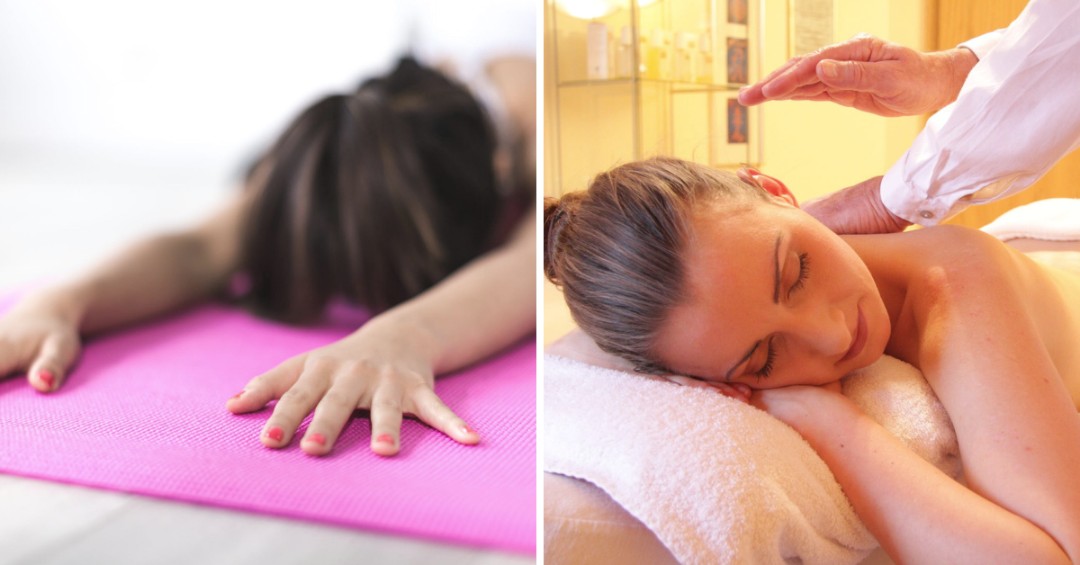One of the side effects of the stress put on muscles when you exercise is muscle pain. This article will help you to give the 5 easy techniques to reduce your post-workout muscle pain.
When muscles are required to work harder than they’re used to or in a different way it’s believed to cause microscopic damage to the muscle fibres, resulting in muscle soreness or stiffness.
Whilst it’s almost impossible to completely avoid at least some degree of soreness, there are ways to lessen the pain. If you’re just getting back into exercise after a long dry spell, or if you’re changing up your workout routine and rhythm, this will usually result in some muscle soreness.
Fitness beginners and gym pros alike have been offered five key tips for reducing post-workout muscle soreness and pain. The team behind online health and fitness site Vivotion have revealed their top techniques for both avoiding and easing the aches and pains associated with an intense workout and sports sessions.
When you take on a new activity or put yourself through a particularly tough workout, sometimes your body can feel sore for a few days afterwards.
This is often referred to as DOMS – an acronym for Delayed Onset Muscle Soreness.
DOMS isn’t just a result of going hard at the gym though, it can arise from simply using a muscle more than you’re used to.
Sometimes the prospect of post-workout soreness can be enough to put you off from exercising altogether – the thought of having to struggle through the next couple of days with aching muscles is unbearable.
If you want to get over the soreness quickly, these five tips may just do the trick.
Five Easy Techniques
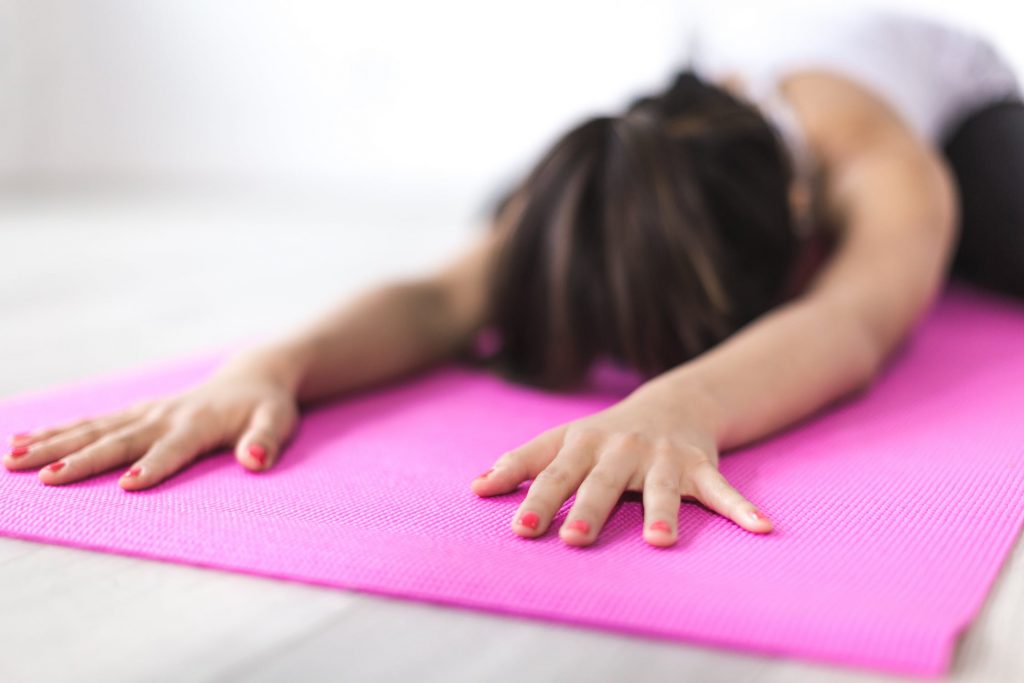
1. Cool Down or Stretch
During training, your muscles are required to work harder than they are used to during light activities. To reduce pain, make sure that you don’t just get up and head straight home after a workout. Instead, take a few minutes to cool down. Many people disregard the importance of this activity, but cooling down helps you to avoid headaches and dizziness as it regulates blood circulation and slows down your heart rate and breathing. It also returns muscles to their optimal length-tension ratio.
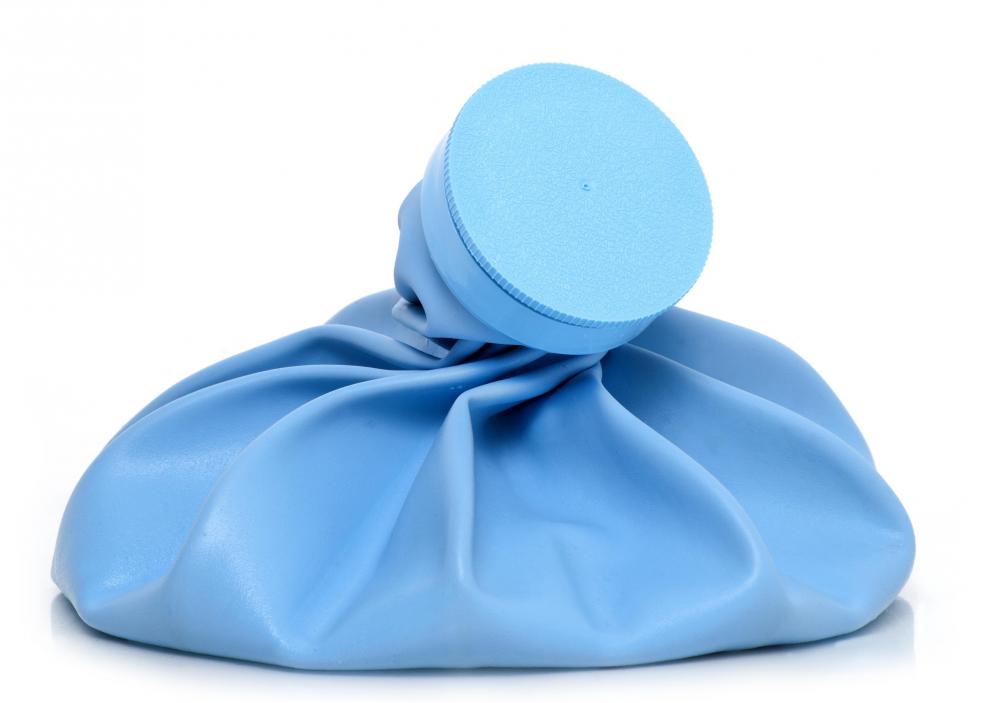
2. Apply a Hot or Cold Compress
One of the best ways to relax your muscles and joints is by alternating hot and cold compresses. Their ability to penetrate the skin and underlying tissues helps increase the blood flow and reduce metabolic rate and inflammation. You can use these to treat your muscle strains and spasms. After an intense workout, apply first a cold compress to target areas and then switch to a hot compress after 20 minutes. If you sustain an injury, apply a cold compress only.
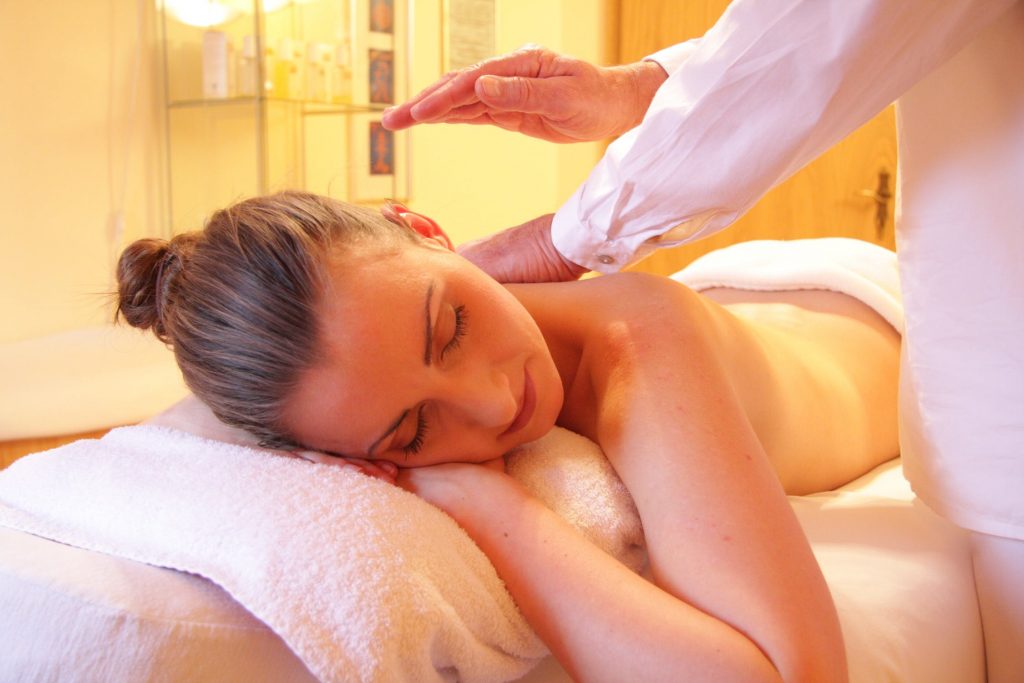
3. Get a Massage
Studies have proved that massage is an effective way to reduce muscle tension, stress, and pain. It helps ease any inflammation by limiting the release of cytokines. There are plenty of types of massage you can choose from, so ask a physical therapist what best suits you.
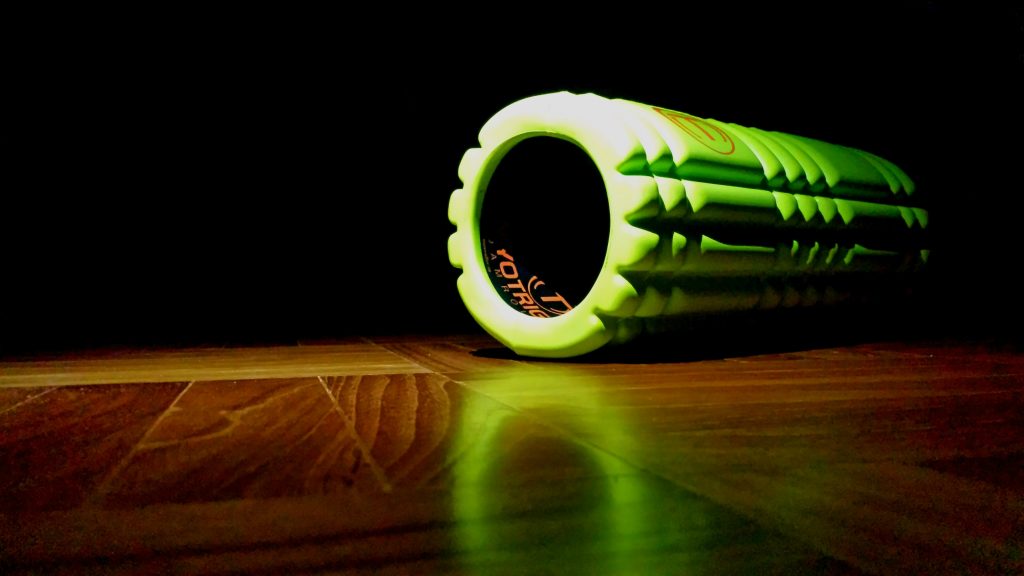
4. Foam Rolling
This is essentially a type of massage that you can do on your own and is sometimes referred to as “self-myofascial release”. Foam rolling helps you to target specific muscles and reduce tension in trigger points. You can perform it with an actual foam roller, a lacrosse ball, or simply by using your own hands. By applying pressure to specific points on your body you are able to aid in the recovery of muscles and assist in returning them to normal function, therefore limiting soreness at a later date. Normal function means your muscles are elastic, healthy, and ready to perform at a moment’s notice.
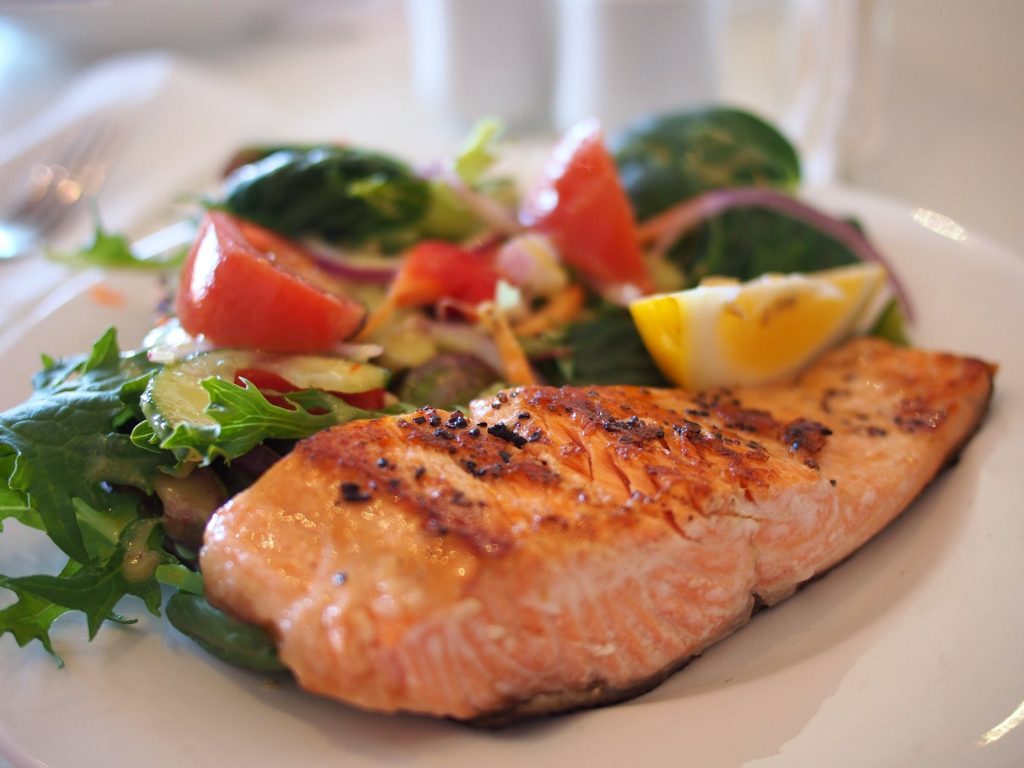
5. Eat Muscle-Friendly Food
What you eat has a huge impact on your body – both before and after training. When it comes to tackling muscle soreness, it’s best to eat foods that will help to repair your muscles and reduce stiffness, so opt for foods that are rich in protein and potassium, such as chicken breast, eggs and bananas.
